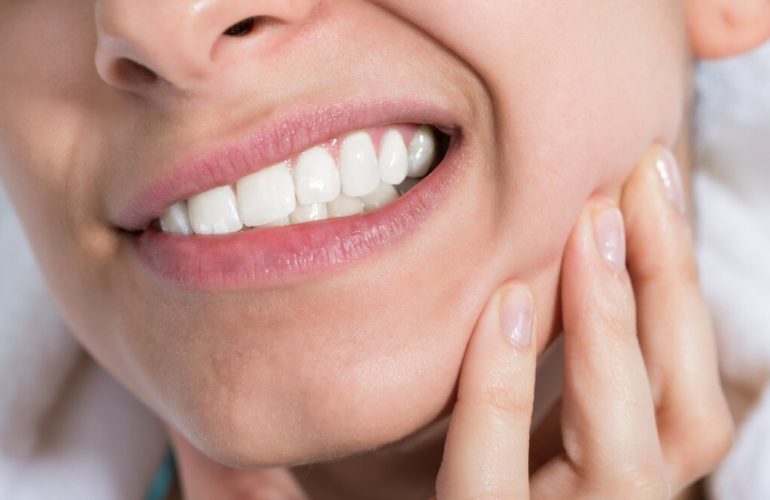Dental implants have become increasingly popular, with statistics showing that around 500,000 people receive implants each year in the United States alone. However, many individuals interested in dental implants are concerned about recovery and adjusting their diets after surgery. This article provides a comprehensive guide on what to eat after dental implant surgery and how to maintain proper nutrition during healing.
Post-Dental Implant Diet Guidelines
The Importance of a Soft Food Diet After Surgery
Following dental implant surgery, adhering to a soft food diet is crucial. Soft foods are gentle on the surgical site, promote healing, and minimize discomfort. During the first 24-48 hours, staying hydrated is essential; drink cold liquids and consume soft foods like mashed potatoes, ice cream, and liquid foods.
H3: Foods to Avoid Following Dental Implant Surgery
Avoid hard, crunchy, and chewy foods during recovery, as they can damage the implant and prolong the healing process. Spicy foods should also be avoided for at least 48 hours post-surgery.
Tips for Maintaining Nutrition After Implant Placement
Ensure your diet contains a balance of proteins, carbohydrates, and fats to support the recovery process. Supplements can be beneficial if you’re struggling to meet your nutritional needs.
Soft Foods to Enjoy After Dental Implant Surgery
In the days following dental implant surgery, it’s essential to consume various soft foods to minimize discomfort and promote healing. Some options include nutritious soups, smoothies, protein shakes, mashed and pureed vegetables, soft-cooked grains and pasta, and tender cooked meats and fish. These foods are easy to chew, gentle on the surgical site, and provide essential nutrients to support recovery.
Nutritious Soups and Broths
Opt for creamy soups and broths that are easy to chew and provide essential nutrients. They provide warmth, comfort, and essential nutrients without causing strain on the surgical site.
Smoothies and Protein Shakes
Smoothies and protein shakes offer a convenient way to consume fruits, vegetables, and proteins while maintaining a soft consistency.
Mashed and Pureed Vegetables
Cooked and mashed vegetables, such as carrots and potatoes, are gentle on the surgical site and provide vital nutrients.
Soft Cooked Grains and Pasta
Soft grains and pasta, like rice and well-cooked pasta, are easy to chew and provide energy during recovery.
Tender Cooked Meats and Fish
Choose soft proteins like cooked chicken, fish, or tofu to support tissue repair and overall health. Ensure the meats are cooked until tender, and consider shredding or cutting them into small pieces to minimize strain on the surgical site.
Cold Liquid Diet After Oral Surgery
Cold liquid diets can provide additional benefits during the initial recovery period. They can help manage pain and swelling while ensuring proper nutrition.
- Benefits of a Cold Liquid Diet Post-Oral Surgery
A cold liquid diet reduces discomfort, supports healing, and maintains hydration after surgery.
- Nutrient-Rich Cold Beverages for Recovery
Cold beverages like milk, fruit juices, and water are essential for staying hydrated. Dairy products like yogurt and cottage cheese can also be consumed as cold, liquid meals.
Safely Transitioning to Solid Foods
Assessing Your Healing Progress
It’s crucial to carefully monitor your healing progress after dental implant surgery to ensure a successful recovery. Regularly assess the surgical site for improvement and consult your dentist before introducing more complex foods into your diet. This cautious approach helps protect your implant and supports a smoother transition back to your regular eating habits.
Gradually Introducing Harder Foods
After 1-2 weeks, gradually reintroduce foods that require a lot of chewing, such as your favorite foods, chewy foods, and hard fruits and vegetables.
Chew With Caution to Protect Your Implant
As you reintroduce solid foods into your diet after dental implant surgery, it’s essential to chew with caution to protect your new implant. Be mindful of the pressure applied to the surgical site, and favor the opposite side of your mouth when chewing. Chew on the side of your mouth opposite the implant site to minimize pressure on the surgical area. This careful approach helps ensure the longevity and success of your dental implant.
Dental Implants at Omni Dental of Arlington Heights IL
Whether you need a Omini dental implant or an entire mouthful, we can provide the dental implants you need. We understand that the thought of surgery can be daunting, but we will work closely with you to ensure the process is as smooth and painless as possible. Schedule a consultation today to see if dental implants are right for you.






